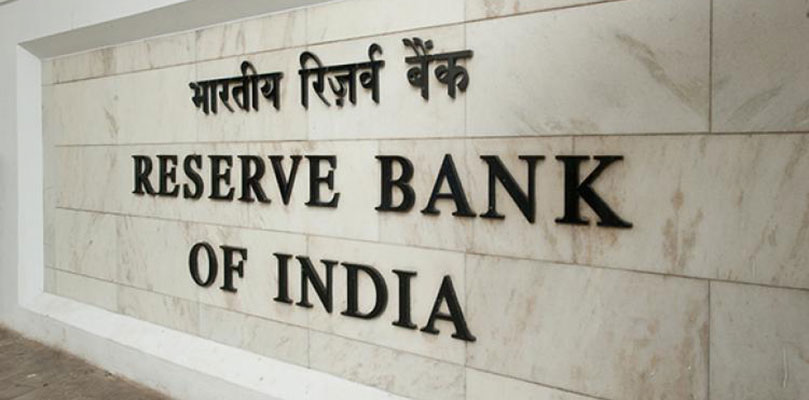Bitcoin and other cryptocurrencies have always had a massive backing which about to grow even bigger thanks to a recent study is carried out by researchers at Imperial College London. According to a paper by the researchers titled “Cryptocurrencies: Overcoming Barriers to Trust and Adoption”, bitcoin and other cryptocurrencies will be subject to massive adoption as means of paying for goods and services in the coming decade.
The study which was sponsored by eToro focused on various barriers to trust and mainstream adoption of crypto within the current setting. It further listed three main criteria that would propel bitcoin and other digital currencies towards mainstream adoption, that is, ability to act as a store of value, a medium of exchange and a unit of account. While cryptocurrencies have already fulfilled one of the criteria as they are used by millions of people around the world as a store of value, the researchers said they will have to overcome setbacks such as regulation and scalability if they are to fulfill the other two criteria.
“The world of cryptocurrency is evolving as rapidly as the considerable collection of confusing terminology that accompanies it. These decentralized technologies have the potential to upend everything we thought we knew about the nature of financial systems and financial assets,” said Professor William Knottenbelt from Imperial College London. “There’s a lot of skepticism over cryptocurrencies and how they could ever become a day-to-day payment system used by the man on the street. In this research, we show that cryptocurrencies have already made significant headway towards fulfilling the criteria for becoming a widely accepted method of payment.”
eToro, the brokerage firm that facilitated the research believes that bitcoin already exhibits all the important characteristics of money and all that is left is advocacy for mainstream use.
“The first ever bitcoin transaction took place a little over eight years ago, and today we are already seeing it begin to meet the requirements of everyday money. Given the speed of adoption, we believe that we could see Bitcoin and other cryptocurrencies on the high street within the decade. There are of course barriers to mainstream adoption, but they are far from insurmountable,” Iqbal Gandham, the managing director of EToro UK commented on the research.
Regulation Is the Final Step
Many experts agree that even though bitcoin has already evolved well enough to be considered as a standard means of performing transactions, regulation is the only thing holding it back. If bitcoin and other digital currencies are to become the medium of exchange we are all hoping they will become, then favorable regulations are more than necessary. This is particularly of grave importance since some governments have taken negative stances towards cryptocurrencies especially because they have been used to facilitate criminal activities in the past. With regulation, though, this should not be much of a problem.









